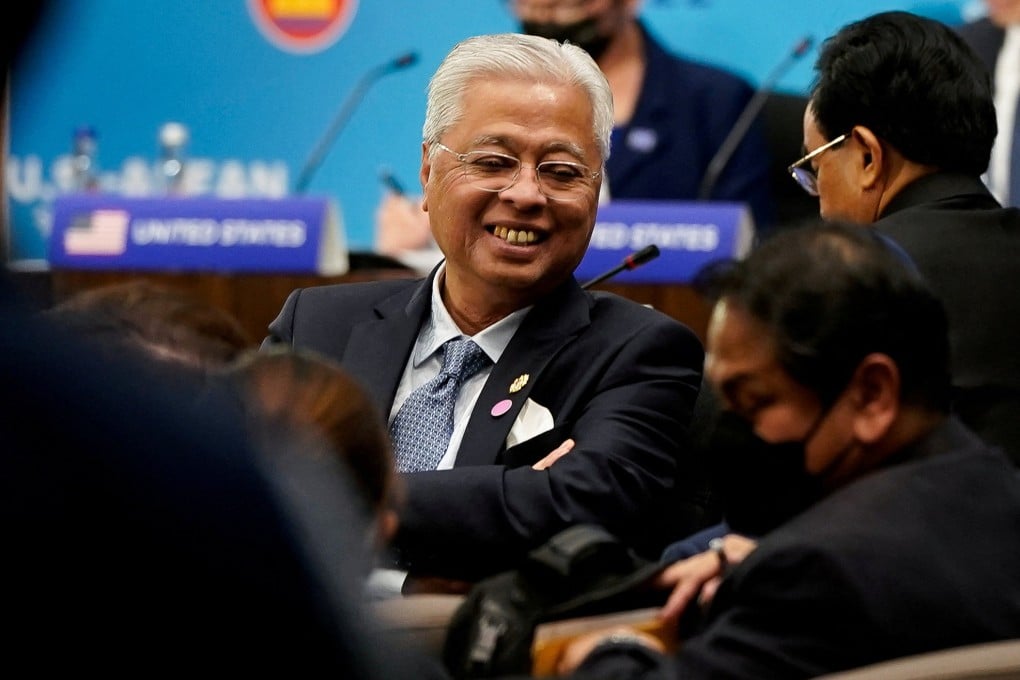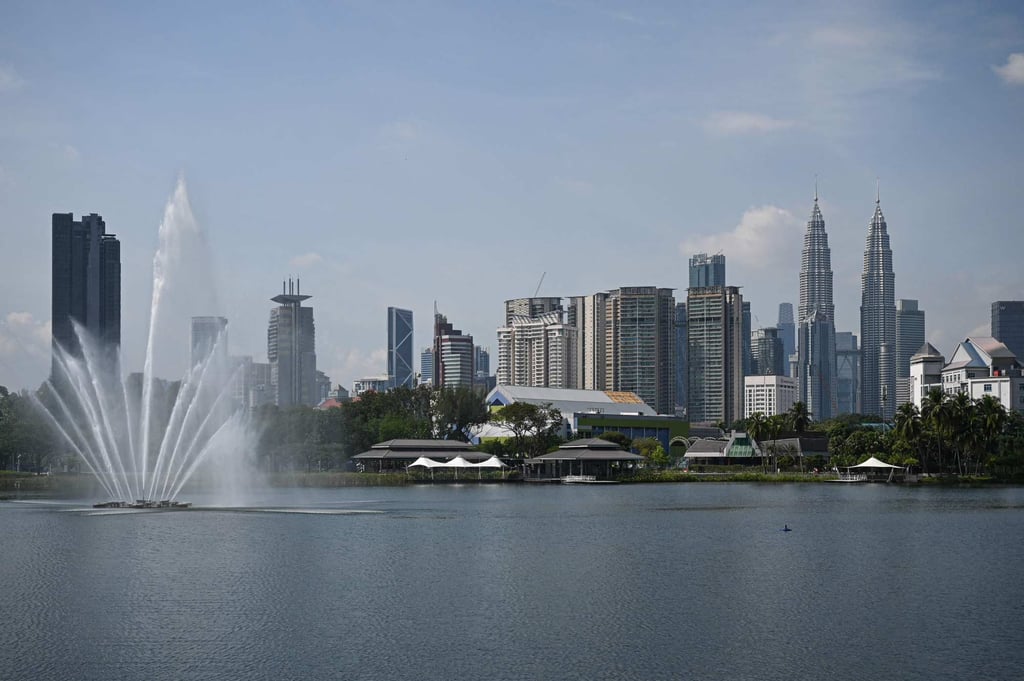Will Malaysia’s PM heed Umno’s call for early polls on the back of better-than-expected economic growth?
- Ismail Sabri Yaakob’s Umno party is seeking to capitalise on the economy, and its victories in two recent state elections, to reclaim federal power
- Malaysia’s 8.9 per cent growth in the second quarter was driven by improved domestic demand despite rising inflation pressures, the central bank said


Malaysia’s strong economic performance over the April-June period may leave him with less reason to go against his party’s wishes.
The economy grew 8.9 per cent year on year in the second quarter, driven by improved domestic demand despite rising inflationary pressure, continued recovery in employment and wages and sustained demand for exports, according to Bank Negara Malaysia (BNM).
The stronger-than-expected growth also reflected the normalising of economic activity “as the country moved towards endemicity and reopened international borders”, the central bank said.
BNM governor Nor Shamsiah Mohd Yunus said overall growth and demand for Malaysia’s exports for the rest of the year may be dragged down by the slowing global economy as well as ongoing geopolitical conflicts and supply chain disruptions, but she expects Malaysia’s economy to continue to be propped up by firm domestic demand.